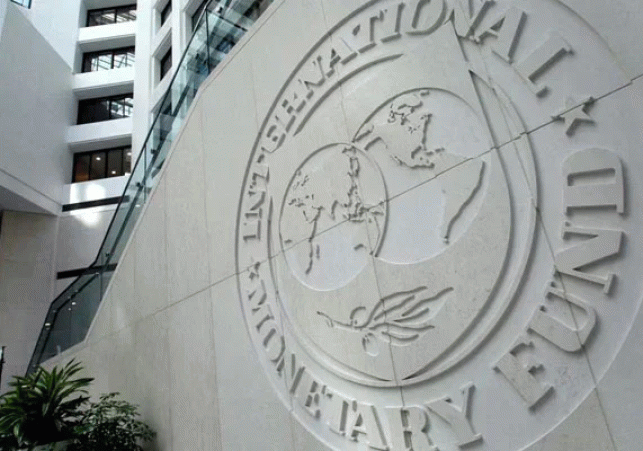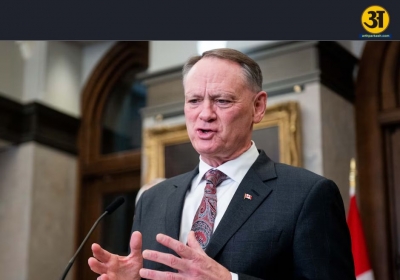
$3 Billion Stand-By Arrangement (SBA) between Pakistan and IMF
Revitalizing Finances: Pakistan and IMF Ink $3 Billion Stand-By Arrangement (SBA)
The Pakistani government and the International Monetary Fund (IMF) have successfully concluded a $3 billion funding accord. A stand-by arrangement (SBA) is the name given to this contract, which lasts for nine months. It follows Pakistan's participation in the Extended Fund Facility (EFF), a previous IMF bailout program of $6.5 billion, which concluded in June this year. A major step forward for Pakistan's financial stability and economic expansion, the new deal with the IMF offers crucial assistance to handle the nation's budgetary difficulties and pave the way for sustained development.
Causes of Pakistan's Economic Crisis
Pakistan's economy has been grappling with several challenges that have contributed to its current crisis. These challenges include external factors like devastating floods in 2022 and the surge in global commodity prices triggered by Russia's conflict in Ukraine. The stability of the country's economy has been significantly impacted by these occurrences.
Notably, Pakistan has also seen increasing inflation; the State Bank of Pakistan reports that the inflation rate hit a record high of 38% in May. The devaluation of the Pakistani rupee, which as of June 27 had dropped to 285.99 versus the US dollar, is another element escalating the situation.
This devaluation has added immense strain on the economy, particularly considering Pakistan's heavy reliance on imports of crude oil and petroleum products. These combined factors have created a complex economic situation for Pakistan, necessitating urgent measures to address the crisis and promote sustainable growth.
Pakistan's Debt Burden and Financial Situation
Pakistan faces a significant challenge in the form of its external debt burden, which stood at a substantial $126.3 billion as of December 2022, as reported by the United States Institute of Peace (USIP). This debt is primarily owed by the Pakistani government to various lenders, including renowned institutions like the World Bank, the Asian Development Bank, and the IMF.
To address this situation and enhance the country's financial stability, Pakistan has recently reached a staff-level agreement with the IMF. This agreement is expected to contribute to the strengthening of Pakistan's foreign exchange reserves and pave the way for achieving economic stability in the future. By addressing its debt burden and implementing measures to manage its financial situation, Pakistan aims to create a more secure and prosperous economic environment for its citizens.





